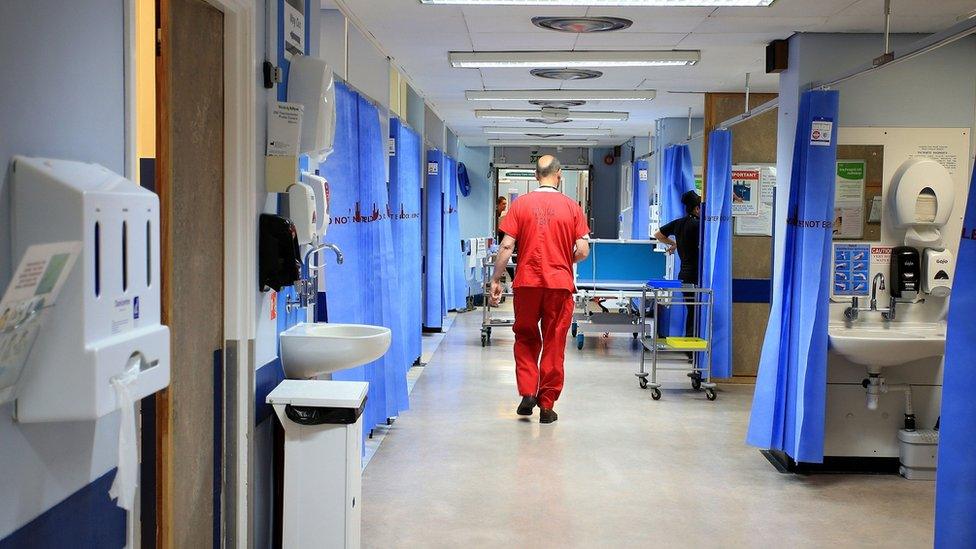Smartwatch scheme leads to healthier lifestyles, says trust
- Published
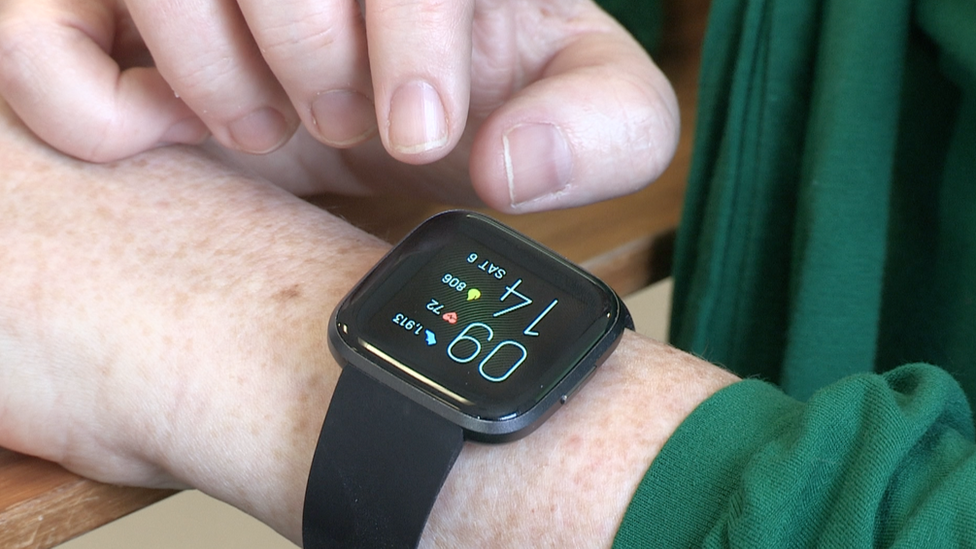
The programme has seen a reduction in smoking and obesity and improved physical activity and diet
Patients at risk of heart disease in Northern Ireland are being given smartwatches by a hospital trust to help them lead healthier lifestyles.
The Western Trust says it has significantly lessened patients' risk of mortality from cardiovascular disease.
It has also cut the number of hospital re-admissions.
The Our Hearts Our Minds programme has seen a reduction in smoking and improved physical activity and diet.
There has also been a 30% reduction in patient emergency re-admissions in the Western Trust catchment area, meaning less pressure on acute hospital services.
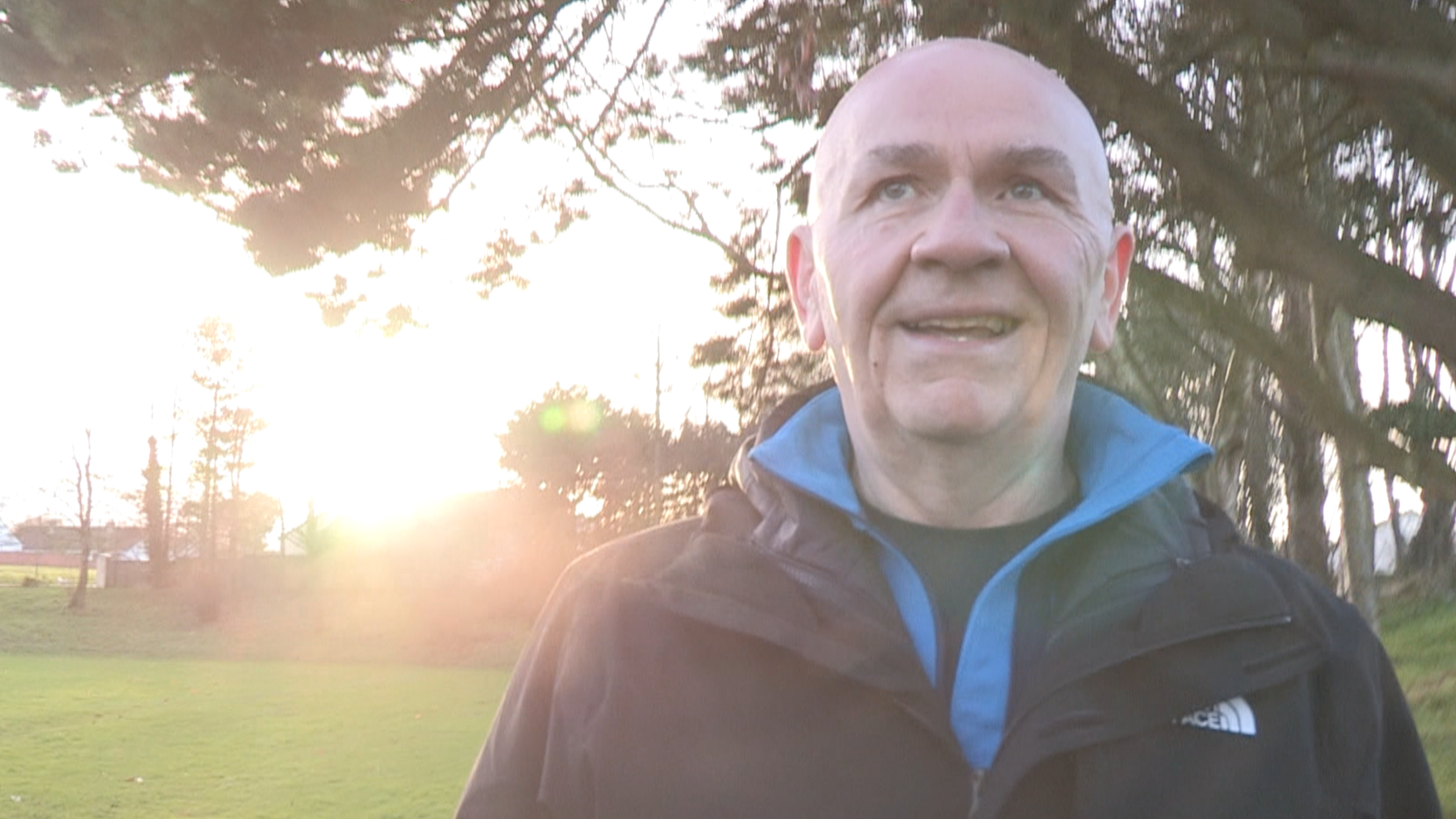
Kevin Deery said he has changed his diet and now walks up to five miles a day
Kevin Deery, from Londonderry, suffered three heart attacks earlier this year and says the programme has helped him to get his life back.
He collapsed in Atnagelvin Hospital in February 2021 after experiencing a small twinge in his back.
"I had to get three hits with the defibrillator and later on that day I ended up getting four stents in and another three hits with the defibrillator," Mr Deery told BBC News NI.
He signed up for the Our Hearts Our Minds programme and was given a smartwatch which automatically measures heart rate and rhythm, physical activity and sleep patterns.
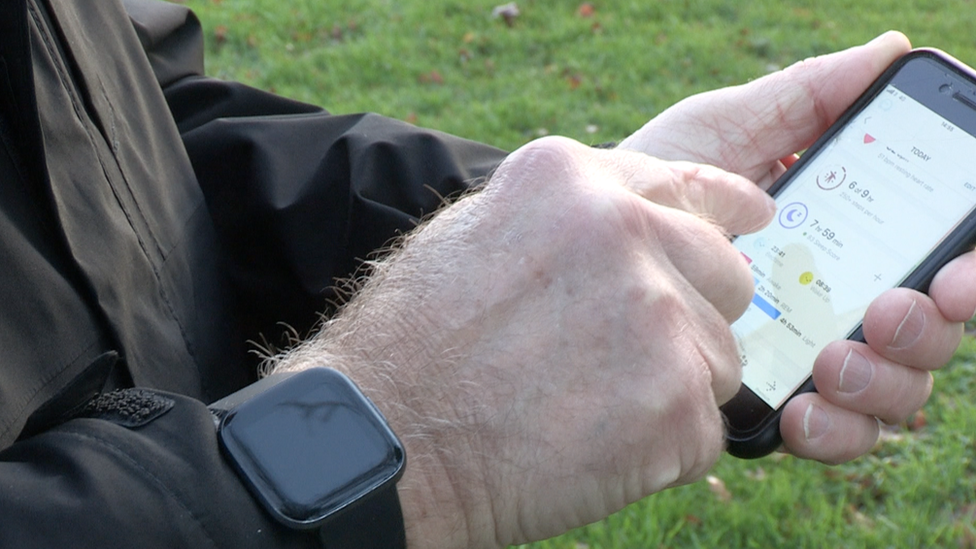
The smartwatch measures heart rate and rhythm, physical activity and sleep patterns
A new mobile application called CHARLI (Cardiovascular Health Application and Real-Life Integration) allows him to log his blood pressure, weight, diet history and psychological health.
He can also receive medication reminders, motivational nudges and notifications from the care team which includes dieticians, physiotherapists, exercise professionals and psychologists.
Mr Deery said he has changed his diet and now walks up to five miles a day.
"One of my neighbours was actually starting to call me Forrest Gump because every time he saw me I was walking and I told him I started to walk in February and I haven't stopped since," he said.
"I am now on a programme for life and with the help of the nurse and the dietician, the physio and the psychologist, I believe now I'm ready to go out into the real world and survive on my own, but without the help it would've been very, very difficult."
'Remarkable outcome'
Our Hearts Our Minds was set up in April 2019 with face-to-face sessions in community gyms but since the Covid-19 pandemic, the whole 12-week programme has been delivered remotely.
More than 600 people have taken part in the virtual programme and Consultant Cardiologist Dr Susan Connolly said the feedback from patients has been very positive.
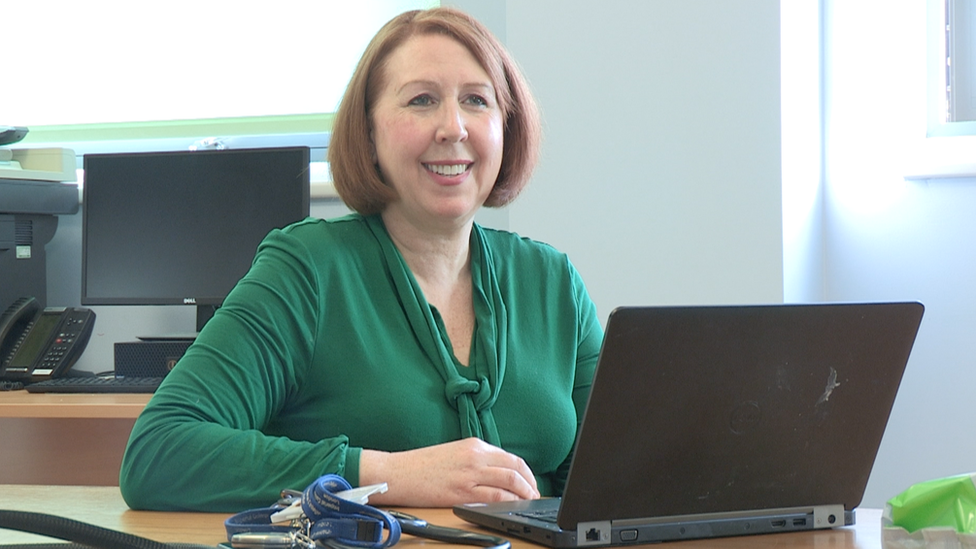
Dr Susan Connolly said smoking rates have halved among patients on the programme
Dr Connolly believes patients with heart disease "can live a very long, healthy life as long as you lead a good lifestyle afterwards and take the right medication".
"That is the point of this programme and it's also to help people recover," she said.
"There's a big psychological impact from having had a heart attack so the programme does all those things and by the end of the programme the patient should be empowered to lead their own life and manage their own health."
Dr Connolly said the outcomes from the programme have been "remarkable".
Smoking rates have halved and there has been a huge increase in patients following a healthy Mediterranean diet.
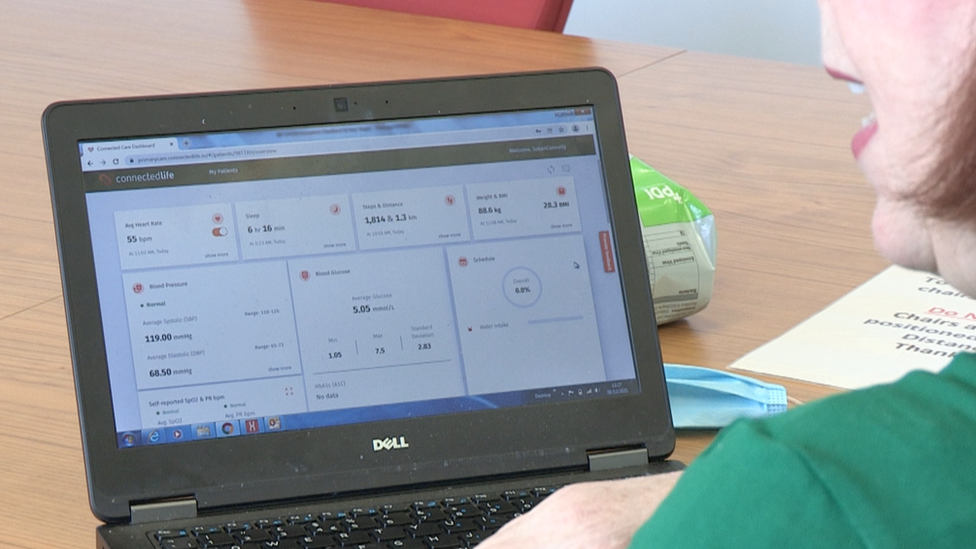
Patients can log their blood pressure, weight, diet history and psychological health
Obesity levels have reduced with an average weight loss of 2.2kg.
Patients have doubled active minutes and increased fitness levels, leading to reduced anxiety and depression.
Blood pressure and cholesterol targets have been achieved by 90% of patients by the end of the programme.
Dr Connolly said the latest Fitbit technology allowed patients to check their heart rhythm in the comfort of their own home, instead of going to hospital for an ECG.
'I owe my life to those people'
"Normally patients who have a heart attack, they feel some discomfort in the chest, what's the first thing they're going to do? Go to A&E," she said.
"But now with the programme they have somewhere to turn to and they have the confidence to manage their own health."
Dr Connolly added: "The main thing we found the patients loved with a virtual programme was the convenience and the feeling of safety.
"They didn't want to come to the hospital when Covid was so active, and they could login from home with a partner or their children."
Mr Deery said he would encourage anybody who has suffered a heart attack to take part in the programme.
"I owe my life to those people and the cardio ward and now with the help of the hearts and minds team, this has taken me to the next step," he said.
Related topics
- Published25 July 2019
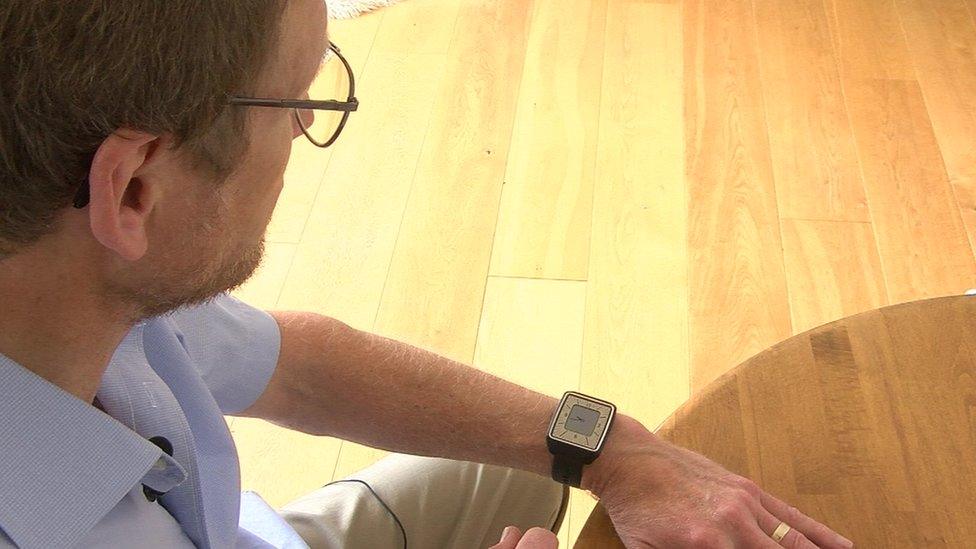
- Published6 May 2021
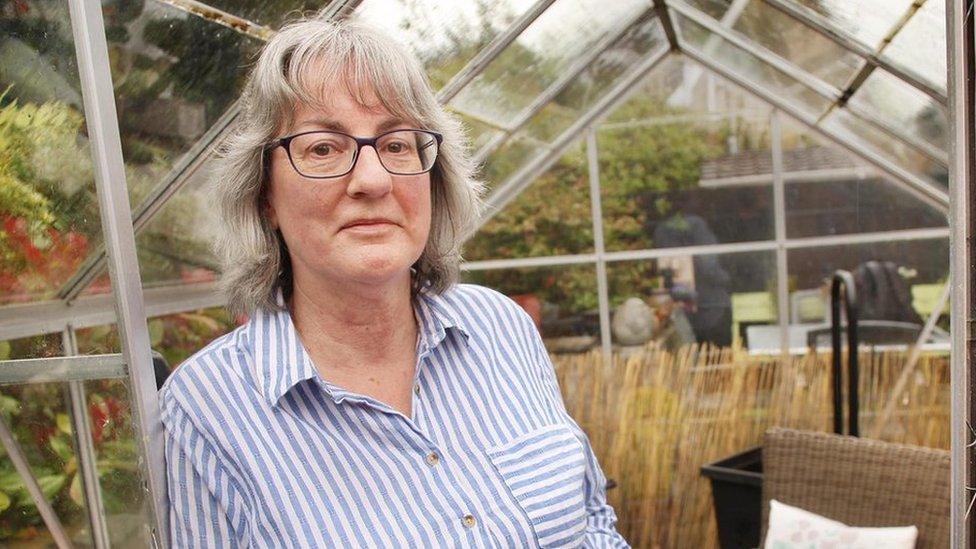
- Published13 April 2021
